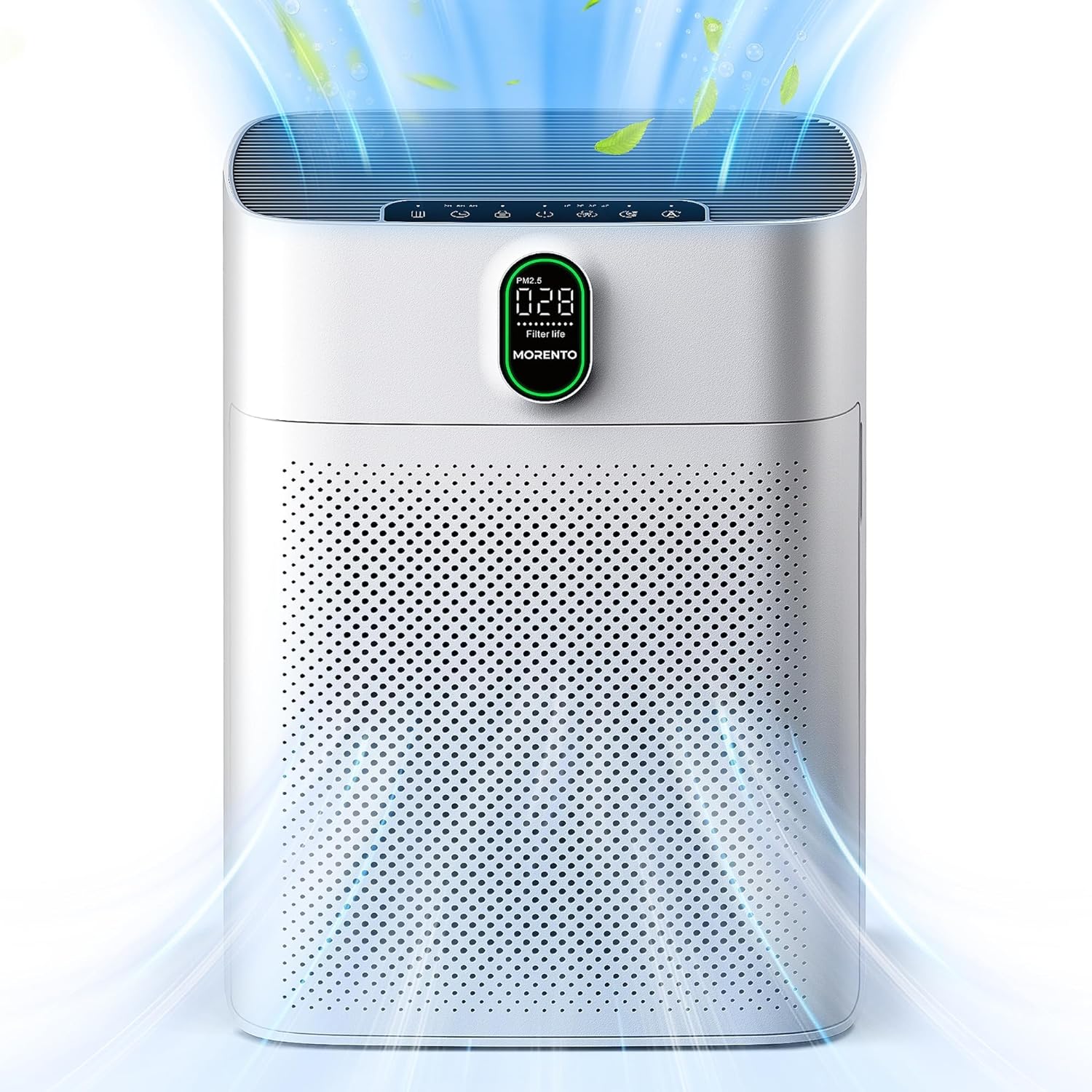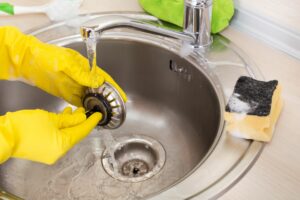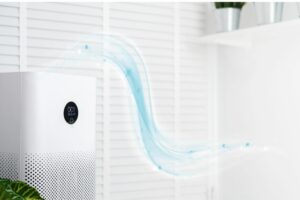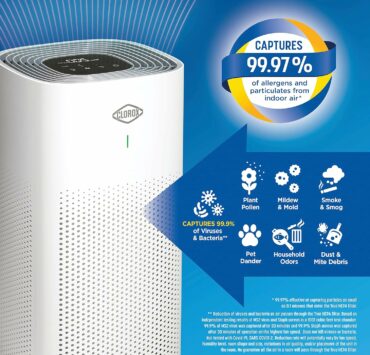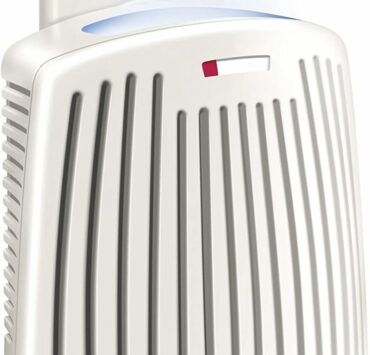When seeking ways to enhance indoor air quality, two devices often come to mind: air purifier vs dehumidifier. But how do they differ? Let’s dive deep into their functionalities and determine which one might be right for your needs.
| Air Purifier | Dehumidifier | |
| Primary Function | Removes airborne particles and some gaseous pollutants. | Reduces humidity by removing excess moisture from the air. |
| Benefits |
|
|
| Best For | People with allergies, asthma, or sensitivity to pollutants and odors. | Homes with high humidity, damp basements, or those prone to mold growth. |
| Maintenance |
|
Water tank needs to be emptied regularly unless connected to a continuous drain. |
| Size and Portability |
|
|
| Cost |
|
|
| Energy Usage |
|
Consumes more energy but can reduce heating/cooling costs in very humid settings. |
What Each Device Removes from the Air
Air Purifiers:
-
- Contaminants: Air purifiers are equipped to eliminate airborne particles. For example, they trap pollen, dust mites, and pet dander.
- Gaseous Pollutants: Some advanced purifiers can even filter out smoke, volatile organic compounds, and certain odors.
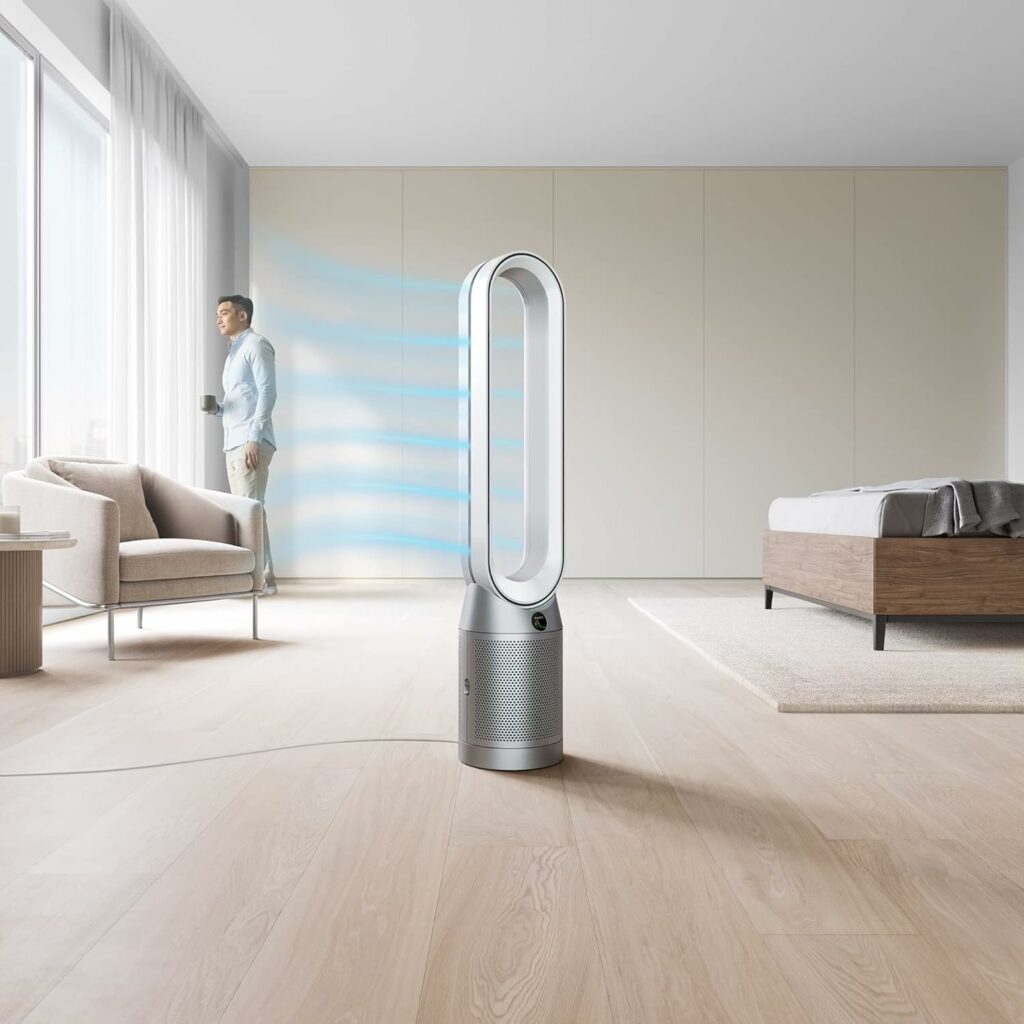
Dehumidifiers:
-
- Moisture: Simply put, dehumidifiers pull excess moisture from the atmosphere. Think of a humid summer day, turned comfortable.
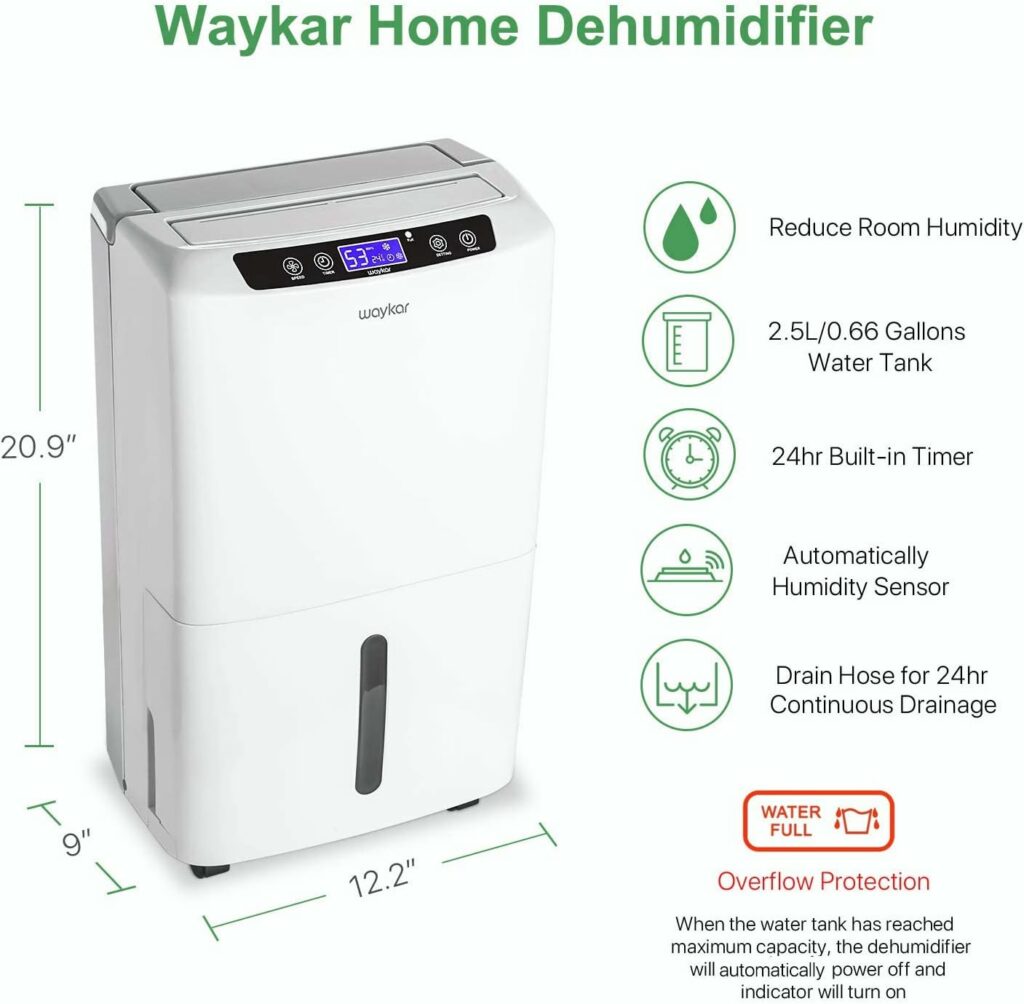
These devices have distinct goals: while purifiers cleanse, dehumidifiers dry.
Health Benefits: Tackling Allergens and Irritants
Both air purifiers and dehumidifiers can significantly decrease allergens, benefiting those with allergies or asthma. Here’s how:
- Air Purifiers: By circulating air through a filter, pollutants get trapped. Imagine a room once full of pollen rendered virtually pollen-free.
- Dehumidifiers: By reducing humidity, these devices thwart mold and microbes. A damp basement can become a dry, mold-free space.
Air Purifier vs Dehumidifier: Which Do You Need?
Determining which device is right for you depends on your primary concern:
- Combatting allergies from pollen or pet dander? An air purifier is ideal.
- Struggling with mold or dampness? Lean towards a dehumidifier.
Air Purifier vs Dehumidifier – Common Questions:
Do air purifiers work as a dehumidifier?
No, air purifiers are designed to remove airborne particles and some gaseous pollutants, while dehumidifiers reduce moisture levels in the air.
Do I need a dehumidifier if I have an air purifier?
It depends on your needs. If you’re concerned about allergens like pollen, an air purifier is sufficient. But if you’re battling high humidity or mold, a dehumidifier is essential.
Is it OK to use an air purifier and a dehumidifier in the same room?
Yes, they can be used concurrently. In fact, combining them might optimize air quality by both purifying and regulating humidity.
Do I need an air purifier or dehumidifier for mold?
For mold, a dehumidifier is primary. By reducing humidity, you tackle mold’s growth environment. However, air purifiers can help capture airborne mold spores.
